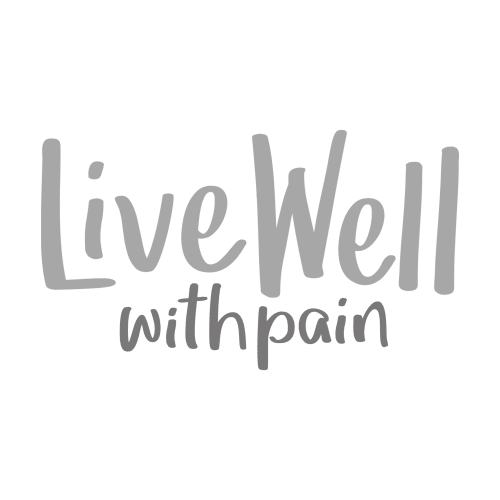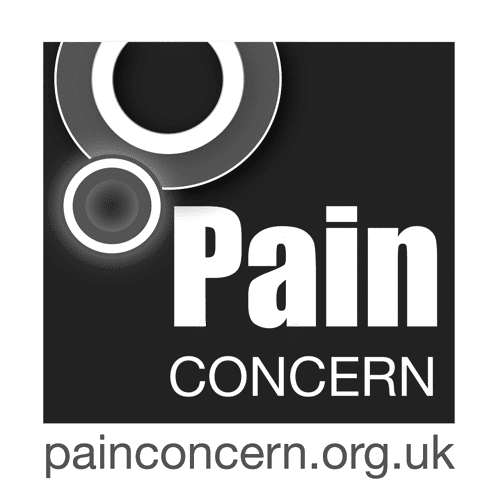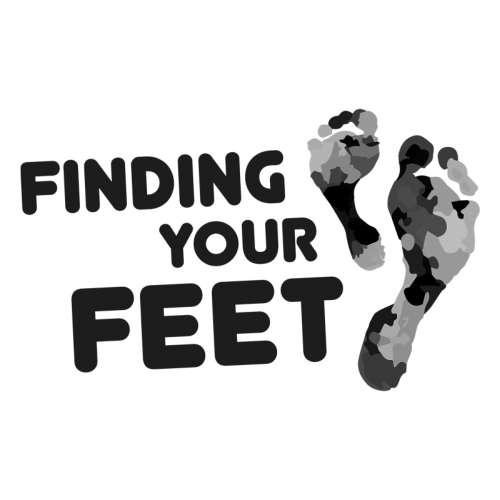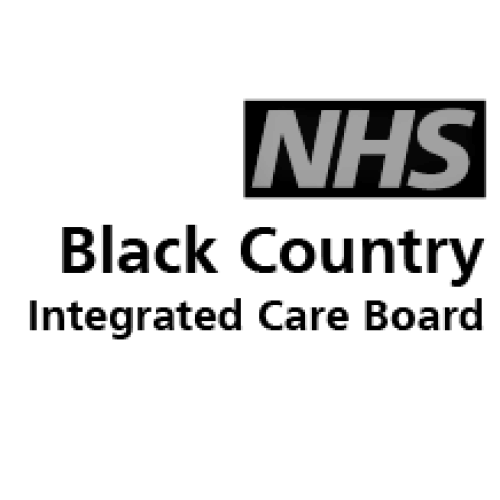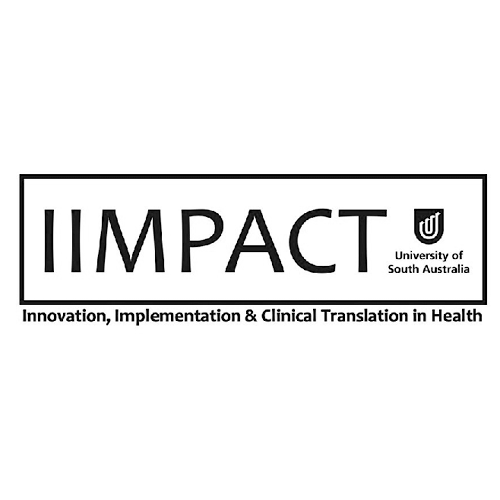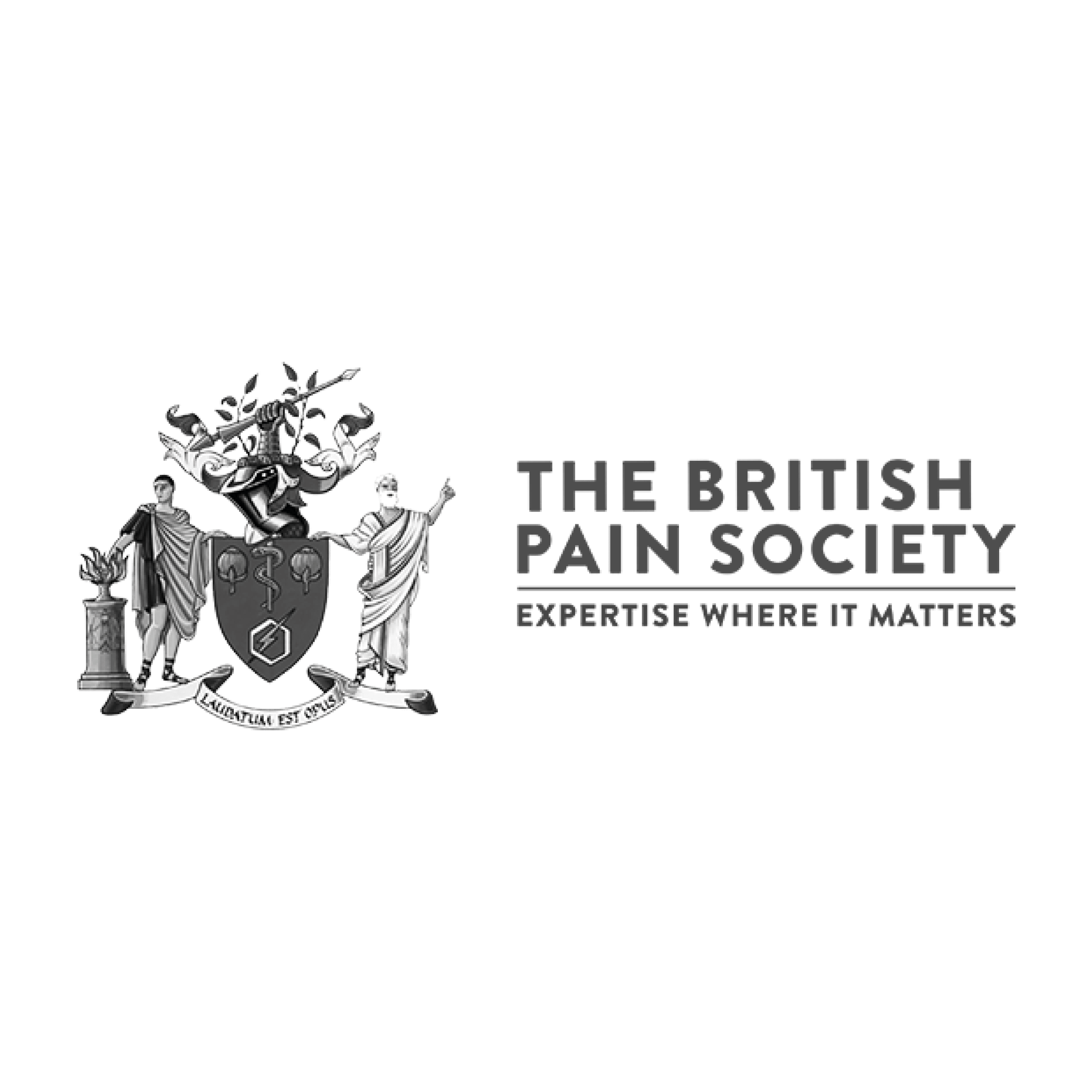A public/private taskforce to help people with persistent pain is calling for Flippin’ Pain’s approach to be rolled out nationwide, after resounding success in the Tees Valley, which is one of the UK’s most disadvantaged areas.
Whilst persistent pain affects around one third to half of the UK population, in the Tees Valley – which incorporates the towns and cities of Middlesbrough, Hartlepool and Darlington – persistent pain reaches its peak, impacting 43% of people, plus their loved ones.
Three times the number of high dose opioid and painkillers are prescribed in the North East per head than London, and 24% of people in the region aged 16 to 64 years old are ‘economically inactive’ (not unemployed) compared to the national average of 21%.
In 2023, a taskforce comprising public and private organisations from North East England was established to support people at a grass roots level and raise awareness and understanding of the biopsychosocial (biological, psychological and social) factors interconnected to their chronic pain.
Together, the partners – Connect Health who powers Flippin’ Pain™, NHS North East and North Cumbria Integrated Care Board, Tees Valley Sport Active Partnership, Teesside University and You’ve Got This – delivered a six-day roadshow of 19 public and healthcare professional events across the region.
The results have prompted calls for the initiative to be rolled out nationwide, as an approach to support the chronic pain epidemic.
The scheme, badged locally as the Flippin’ Pain Tees Valley Outreach Tour, reached more than 2,400 people affected by chronic pain or working with those affected by it. As a direct result:
- more than one third reported that they could better manage their own pain
- 87% said they recognised their beliefs about pain management were outdated
- 73% believed exercise was beneficial – a 40% increase, from before the tour
- nearly half said they were more likely to consider tapering their opioid use.
Robin Bedford is the strategic lead for adult wellbeing at Tees Valley Sport Active Partnership. He initiated the partnership after repeatedly witnessing how chronic pain was preventing people on his patch from being physically active. He believes this collaboration could be successfully replicated with meaningful repercussions nationwide.
He says: “I used to manage a team that ran exercise referral programmes, and chronic pain was given frequently as a reason for people not attending. There are brilliant things happening around physical activity in Tees Valley and beyond, but the reality is that there are also many barriers to why people cannot be active.
“By joining forces with other experts, and actively getting out and about and talking to people, we could think differently about some of the challenges we faced and tackle them in a new way – which we couldn’t have done alone.
“The key thing about this model was that it touched on so many different factors for people that are barriers to participation. For example, pain is the real issue but how does that affect getting people back to work? What impact does this have on the inequalities’ agenda? How has pain been a driver for a myriad of other things? Being out of work, which then causes depression, being unable to feed yourself, heat your home – all those problems have a domino effect. By having all the right partners in the room, we were able to address these areas.”
With an objective of getting people active, You’ve Got This, the Sport England Place Partnership in South Tees, was also a partner in the collaboration. The team’s insight from clinicians and social prescribers was that local people said they couldn’t be physically active because of their pain. Through pilot funding, NHS North East and North Cumbria Integrated Care Board were brought in.
Mark Fishpool, programme director at You’ve Got This, explains: “The objectives of this programme have been met, and probably twofold. Being able to bring the NHS North East and North Cumbria Integrated Care Board into the partnership gave the initiative weight within the health professional sphere – which you could see at our health professional events, where we could barely fit everyone in the room. I think as a collaboration, we’ve really led the curve on this.
“While the partners might look different in different parts of the country, everywhere has people who are facing the same challenges. There is definitely a way that organisations can join together to create connectivity, just like we all did together.”
A senior musculoskeletal physiotherapist by trade, Richard Pell has worked for community healthcare services provider Connect Health for the past 15 years. And as campaign director for Flippin’ Pain – the health initiative which led the road show of events, he’s witnessed first hand the devastating impact chronic pain has on people’s ability to do the everyday things that give them purpose.
He explains: “We know that when it comes to pain, medications and surgeries are not always the answer. We understand that everything matters when it comes to pain and that the biopsychosocial factors are part of a complex picture of how pain affects the individual. Our focus has always been on having direct conversations with real people and clinicians to talk about how we can change outdated perceptions and provide support to make a positive difference. By working together we can make it happen, and in the Tees Valley we have created a legacy of positive change.”
Would you like to work with Flippin’ Pain in your area? Get in touch.



